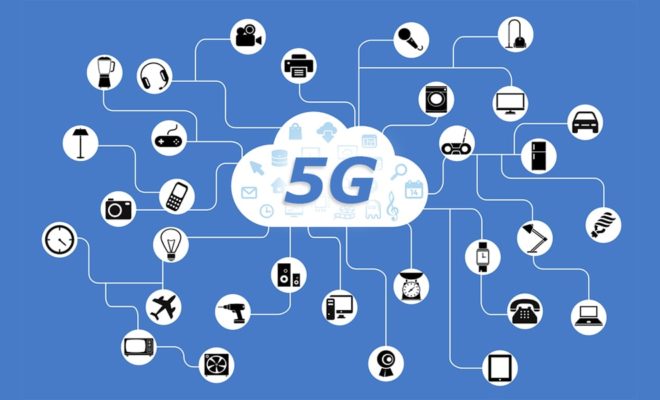The rollout of 5G will bring about a heretofore unseen expansion of the Internet of Things (IoT) to industrial sectors and help countries achieve their benchmarks under the United Nations Sustainable Development Goals, according to an essay from Ericsson CEO Börje Ekholm for the World Economic Forum last month.
Ekholm ties the explosion in mobile telecommunications – 7.8 billion subscriptions in only a few decades, with an expected 9.1 billion in 2023 – to economic growth. He cites a prior Ericsson study which concluded that “a 10 percent increase of mobile broadband adoption causes a 0.6-2.8 percent increase in economic growth,” which amounted to $500 billion to $2 trillion in 2016 alone.
Whereas previous generations of mobile communications focused almost solely on human interactions, 5G will also be “built specifically for machines.” In addition to the overall boost in speeds, the upcoming generation of mobile networks will offer “ultra-low” latency. Industrially, this means that businesses can ramp up autonomous manufacturing, with accompanying economic gains in productivity.
As an example, Ekholm cites Ericsson’s development with China Mobile and Intel of a high-precision screwdriver linked via IoT networking to motion sensors. This arrangement greatly cut down on manual maintenance and extended machine lifespan.
5G’s ramifications would extend to sustainability and development. Whether it be improved water and power conservation or more interconnected and safer transportation systems, Ekholm expects “paradigm shifts [that] can help heal the fractures in our world.”

